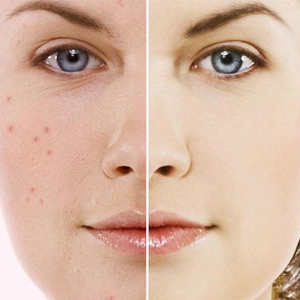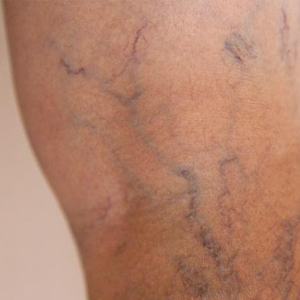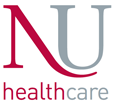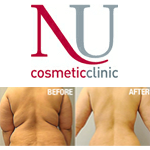 The body is a complicated structure and when it comes to our skin, we often forget to give it the proper care and attention as other body parts. 9 times out of 10 we plod through everyday life without having to worry about what our skin is doing, however, on the flip side, there are millions of people in the UK dealing with skin ailments everyday including psoriasis, eczema, dermatitis, acne and roseola.
The body is a complicated structure and when it comes to our skin, we often forget to give it the proper care and attention as other body parts. 9 times out of 10 we plod through everyday life without having to worry about what our skin is doing, however, on the flip side, there are millions of people in the UK dealing with skin ailments everyday including psoriasis, eczema, dermatitis, acne and roseola.
Doctors who are experts in the field of skin are known as dermatologist and can often provide sound advice on how to combat skin problems including potential triggers to avoid, symptoms and treatments. The first thing anyone should do if they have a skin condition they are worried about is get in touch with a health professional. Often it is the case that an individual assumes the worst or researches the wrong information on the internet, resulting in distress and possibly trying a home remedy that worsens the conditions.
Skin management and treatment
Our professionally trained doctors are knowledgeable in the management of conditions as well as able to provide treatments that instantly relieve symptoms. They regularly perform specialist diagnosis’s to people in the UK with unknown skin conditions including ultraviolet light therapies, medicines that can be injected or externally applied to the skin and cosmetic procedures such as chemical peels, varicose veins treatments and dermabrasion. Dermabrasion is a procedure in which an abrasion takes place in a controlled manner in order to remove the upper and mid layers of skin. Devices for doing such treatment include medical salt crystals, wire brushes and sandpaper. Such methods of treatment should only be performed by a highly skilled and experienced medical professional.
 One of the most commonly performed treatments is for varicose veins. In 2015, it is projected that thousands of people right across the UK from Liverpool to London will undergo treatment for this condition. Statistics are estimated that there will be a 150% increase on last year alone. Reason for this is due to the advances in treatments and the methods in which they are carried out. In today’s day, treatments for varicose veins are less invasive that those of the past and the majority of people are treated on an outpatient basis without the need to stay in hospital.
One of the most commonly performed treatments is for varicose veins. In 2015, it is projected that thousands of people right across the UK from Liverpool to London will undergo treatment for this condition. Statistics are estimated that there will be a 150% increase on last year alone. Reason for this is due to the advances in treatments and the methods in which they are carried out. In today’s day, treatments for varicose veins are less invasive that those of the past and the majority of people are treated on an outpatient basis without the need to stay in hospital.
Varicose vein treatment is more common than you think
Varicose vein procedures include sclerotherapy, laser treatments, catheter-assisted techniques and stripping. In the method of sclerotherapy, a health professional injects a solution in to small to medium varicose veins that scars and closes them in a few weeks meaning that the veins in question fade. This is one of the most successful treatments in the UK and more people here in Liverpool, Manchester and Nottingham are opting for this successful method. Sclerotherapy does not require local anaesthetic and be done at multiple locations such as small clinics to hospitals. Laser treatments for varicose vein problems are also very successful and close off small and spider veins by sending strong bursts of light on to the vein, resulting in it slowly fading away. No cuts or needles are required for this treatment.
Tags: Acne, Dermatitis, Eczema, Psoriasis, Roseola, Skin, Varicose Veins



